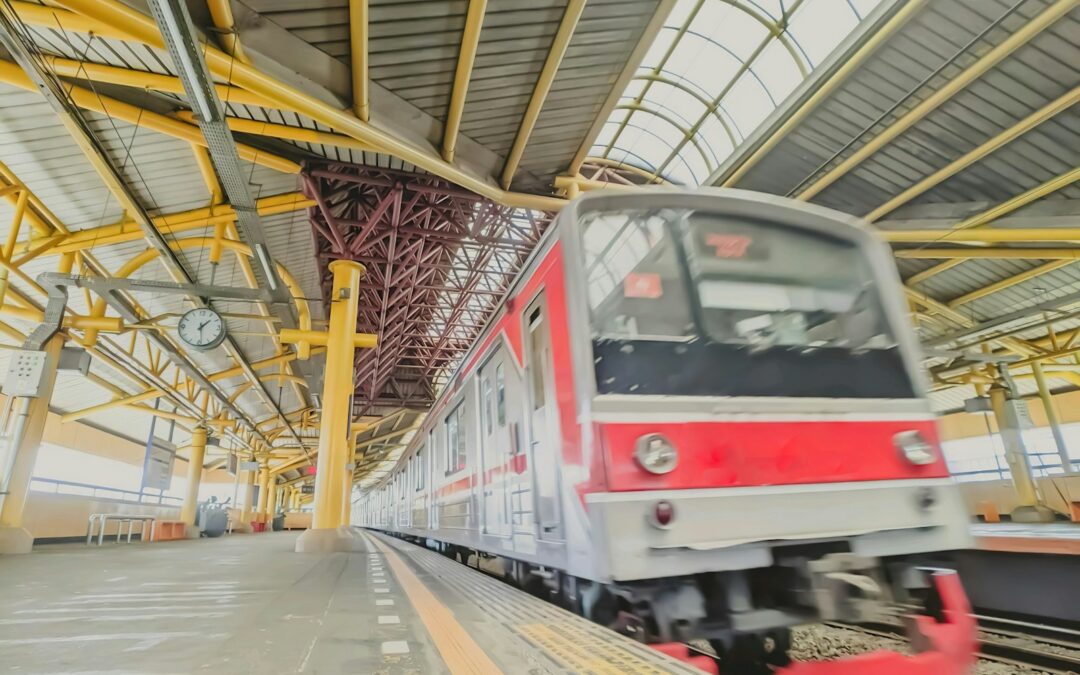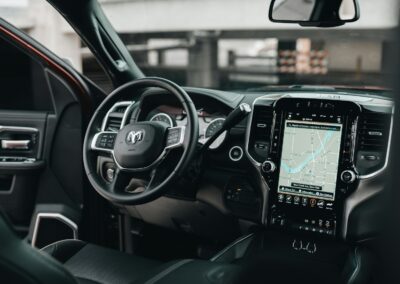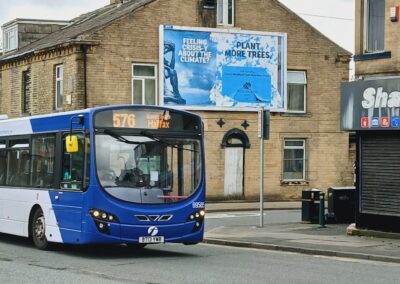Understanding the Cybersecurity Challenges in Public Transit Systems
Complexity and Integration Issues
The complexity of modern public transit systems, which often involve a myriad of interconnected devices and platforms, poses significant cybersecurity challenges. In Saudi Arabia and the UAE, transit agencies are implementing smart ticketing systems, real-time tracking, and autonomous vehicles, all of which require seamless integration. This complexity makes it difficult to identify and mitigate vulnerabilities, as each component may have different security protocols and standards. Ensuring the cybersecurity of such an intricate system requires comprehensive and coordinated efforts across various stakeholders, including technology providers, transit agencies, and regulatory bodies.
The Rising Threat Landscape
The integration of advanced technologies like Artificial Intelligence (AI), Blockchain, and the Internet of Things (IoT) in public transit systems has significantly enhanced operational efficiency and user experience. However, it has also expanded the attack surface for cyber threats. In cities such as Riyadh and Dubai, the adoption of these technologies in public transit systems has made them potential targets for cybercriminals. These threats include data breaches, ransomware attacks, and unauthorized access to critical systems. The interconnected nature of these technologies means that a security breach in one component can have cascading effects on the entire transit network, disrupting services and compromising passenger safety.
Data Privacy Concerns
With the increasing reliance on data to enhance public transit services, safeguarding passenger information has become paramount. In cities like Riyadh and Dubai, data collected from smart ticketing systems, surveillance cameras, and passenger apps is invaluable for improving service delivery and operational efficiency. However, this data is also highly sensitive, containing personal information that, if compromised, can lead to significant privacy violations. Ensuring robust data privacy measures is essential to maintain public trust and comply with regulatory requirements. Transit agencies must implement stringent data protection protocols to prevent unauthorized access and ensure the privacy of passenger information.
Advanced Security Technologies
To combat the growing cyber threats, public transit systems in Saudi Arabia and the UAE are adopting advanced security technologies. AI-driven cybersecurity solutions can detect and respond to threats in real time, significantly reducing the risk of successful attacks. Blockchain technology offers a secure and transparent method for managing transactions and data exchanges, ensuring the integrity of the information. Additionally, the implementation of multi-factor authentication (MFA) and encryption protocols enhances the security of communication channels and data storage. By leveraging these technologies, transit agencies can build a robust defense against cyber threats.
Comprehensive Risk Management Strategies
Effective cybersecurity in public transit systems requires comprehensive risk management strategies. This involves regular vulnerability assessments, penetration testing, and continuous monitoring to identify and address potential security gaps. In cities like Riyadh and Dubai, transit agencies are partnering with management consulting firms to develop and implement robust cybersecurity frameworks. These frameworks include detailed incident response plans, which ensure a swift and coordinated reaction to security breaches. Training and awareness programs for employees are also crucial, as human error is often a significant factor in cybersecurity incidents. By fostering a culture of security awareness, transit agencies can mitigate risks and enhance their overall cybersecurity posture.
Collaboration and Regulatory Compliance
Collaboration between public and private sectors is essential for ensuring the cybersecurity of public transit systems. In Saudi Arabia and the UAE, transit agencies are working closely with technology providers, cybersecurity experts, and regulatory bodies to establish and enforce security standards. Compliance with national and international cybersecurity regulations is critical to protect public transit systems from evolving threats. Regular audits and compliance checks help ensure that transit agencies adhere to the highest security standards. By fostering a collaborative approach and adhering to regulatory requirements, public transit systems can enhance their resilience against cyber threats and ensure the safety and security of their operations.
#Cybersecurity #PublicTransit #InnovativeTechnologies #SaudiArabia #UAE #Riyadh #Dubai #ChangeManagement #ExecutiveCoaching #EffectiveCommunication #BusinessSuccess #ManagementConsulting #ArtificialIntelligence #Blockchain #Metaverse #GenerativeAI #Leadership #ProjectManagement























